12 Obscure Roman And Byzantine Emperors You Should Know About
There over 200 known emperors of the Roman and Byzantine Empire including some well-known historical figures. These emperors range from the well-loved Constantine the Great to the more infamous Nero. Some Emperors, however, are often forgotten despite their important actions. This article seeks to highlight some of the obscure figures by highlighting 12 Roman and Byzantine emperors worth more attention in the history books thanks to their achievements.
Here is the list of 12 obscure Roman and Byzantine emperors that deserve more attention in the history books:
1. Theodosius The Great: Made Christianity the Religion of Rome
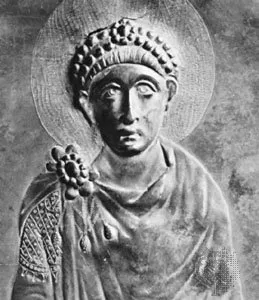
While Constantine the Great is the emperor most associated with making the Roman Empire Christian, he only really made the religion legally protected from persecution. The emperor who made Rome Christian was Theodosius the Great. In 380 A.D., Theodosius and his Eastern counterpart Gratian passed the Edict of Thessalonica that made Christianity the only legal religion in the Empire.
Theodosius is famous beyond finishing the Empire's Christianization, as he was the last Roman Emperor to rule over both halves of the Roman Empire. However, Theodosius gain control of the whole Empire through a civil war that made the Western half of the Empire more vulnerable to the Barbarian Invasion.
2. Phocas: The Worst Byzantine Emperor
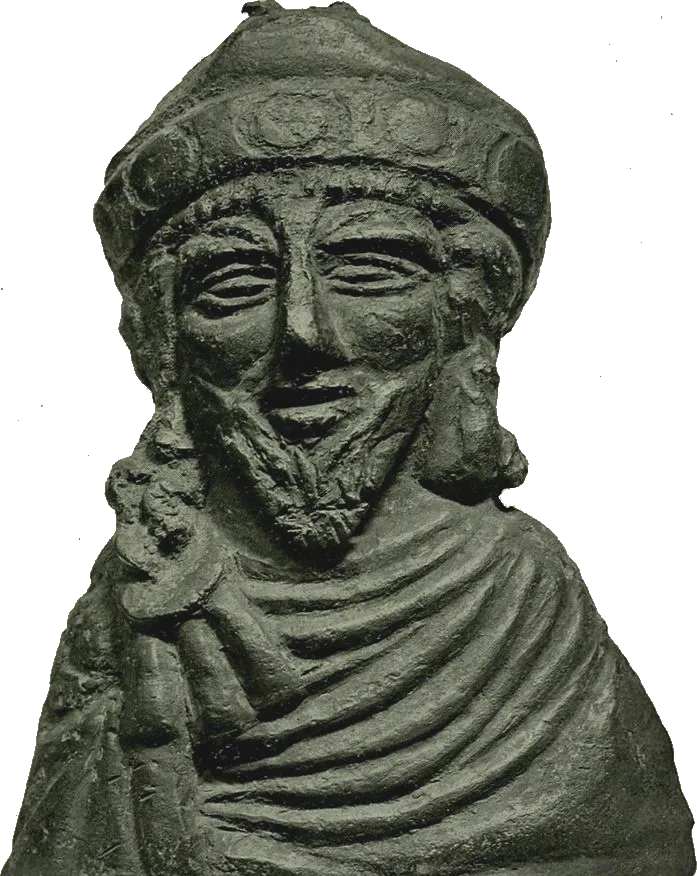
Generally, regard as the worst emperor to ever rule either half of the Roman Empire. Phocas was a Byzantine general who came to power through a military mutiny. His infamy came from his brutality seen with him ordering the execution of his predecessor and his predecessor's family. He then went on ordering the mutilation of various members of the Constantinoplian political elite that he disliked.
Phocas' rulership also saw the Byzantines face several brutal invasions. One invasion came from the Persians, who did so with the pretext of Phocas deposing an Emperor they viewed favorably. He also faced incursions from the Avars and Slavs. Finally, Prochas' reign ended due to a military revolt that sought to end his misrule.
3. Julian Nepos: The Final Emperor In the West
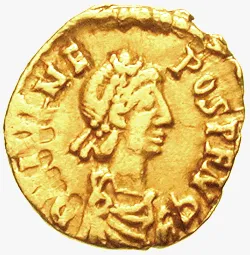
While many people see Romulus Augustus as the last Roman Emperor in the West, he was not the last man to call himself Emperor of the Western Roman Empire. That man would be his predecessor and successor, Julian Nepos.
Julian Nepos was the governor of Dalmatia who, with permission of the Eastern Emperor, seize the title of Western Emperor from a usurper named Glycerius. However, a year later, an ambitious Germanic military officer named Odoacer deposed Julian and placed Romulus Augustus on the throne as his puppet.
Odoacer exiled Julian Nepos back to Dalmatia. There Julian began plotting to retake Rome and the Throne, even after Odoacer dissolved the Western Roman Empire. He was, however, murdered before he could attempt his invasion of Italy.
4. Justinian the Second: The Twice-Crowned Emperor
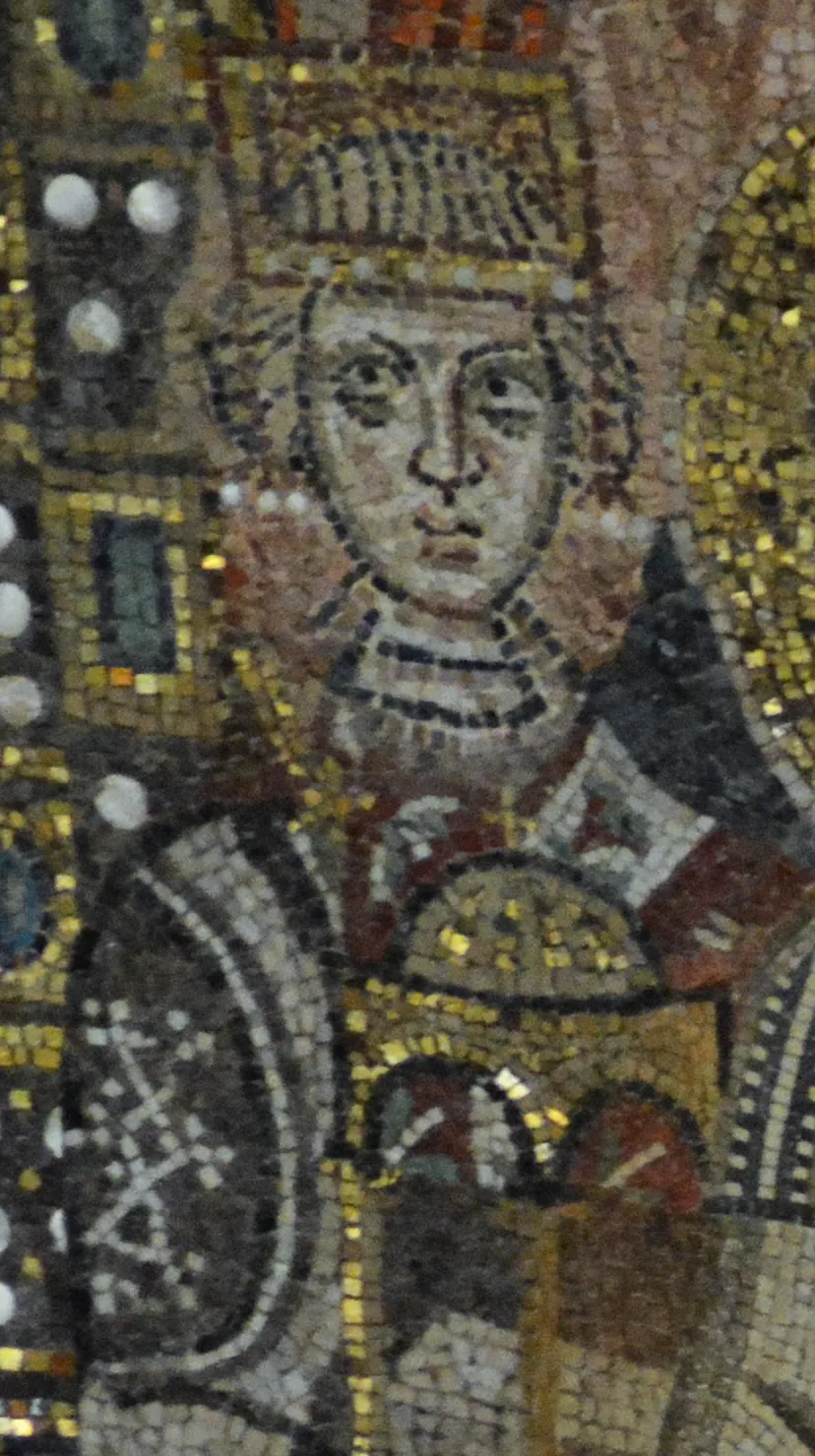
An Emperor who succeed where Julian Nepos failed was Justinian the Second. Justinian inherited the Byzantine Emperorship from his father Constatine the Fourth. Justinian's land and tax policies soon led to a rebellion disposing of him, mutilating his nose, and exiling him to Crimea.
After escaping from vengeful in-laws in Crimea, Justinian allied with the Bulgars. With their aid, Justinian seized Constantinople and reclaim his throne. He soon, however, betrayed the Bulgars and sought to reclaim the land he promised them in exchange for their aid. After that conflict, his harshness as ruler would lead to another rebellion. This rebellion decided that they should execute Justinian rather than exiled him again.
5. Valerian: The Only Emperor Capture in Battle
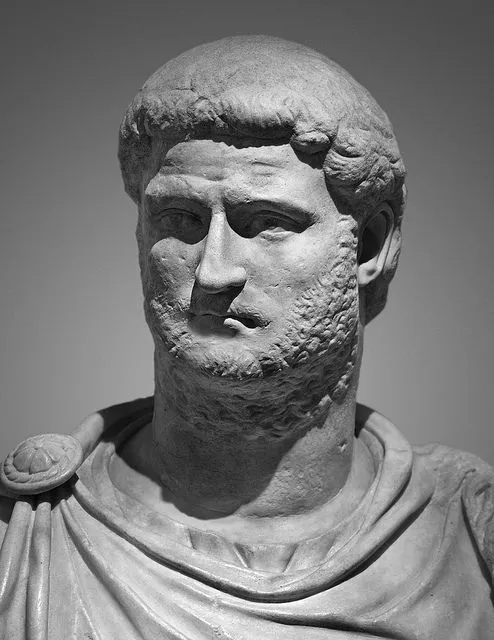
Another emperor viewed less favorable by historians was Valerian during the Crisis of the Third Century. Unlike most Emperors of this era, Valerian was not a lowborn military officer but rather from a well-establish senatorial family. He became emperor thanks to him crushing a rebellion that killed the previous emperor, Trebonianus Gallus.
Despite coming to power through a military victory, a defeat would shape his legacy more. During a military campaign to reclaim lost Roman territory from the Sassanid, the Sassanid captured Valerian in battle. His capture would then lead to the Empire falling into civil war.
6. Andronikos II Palaiologos: The Longest Reigning Emperor
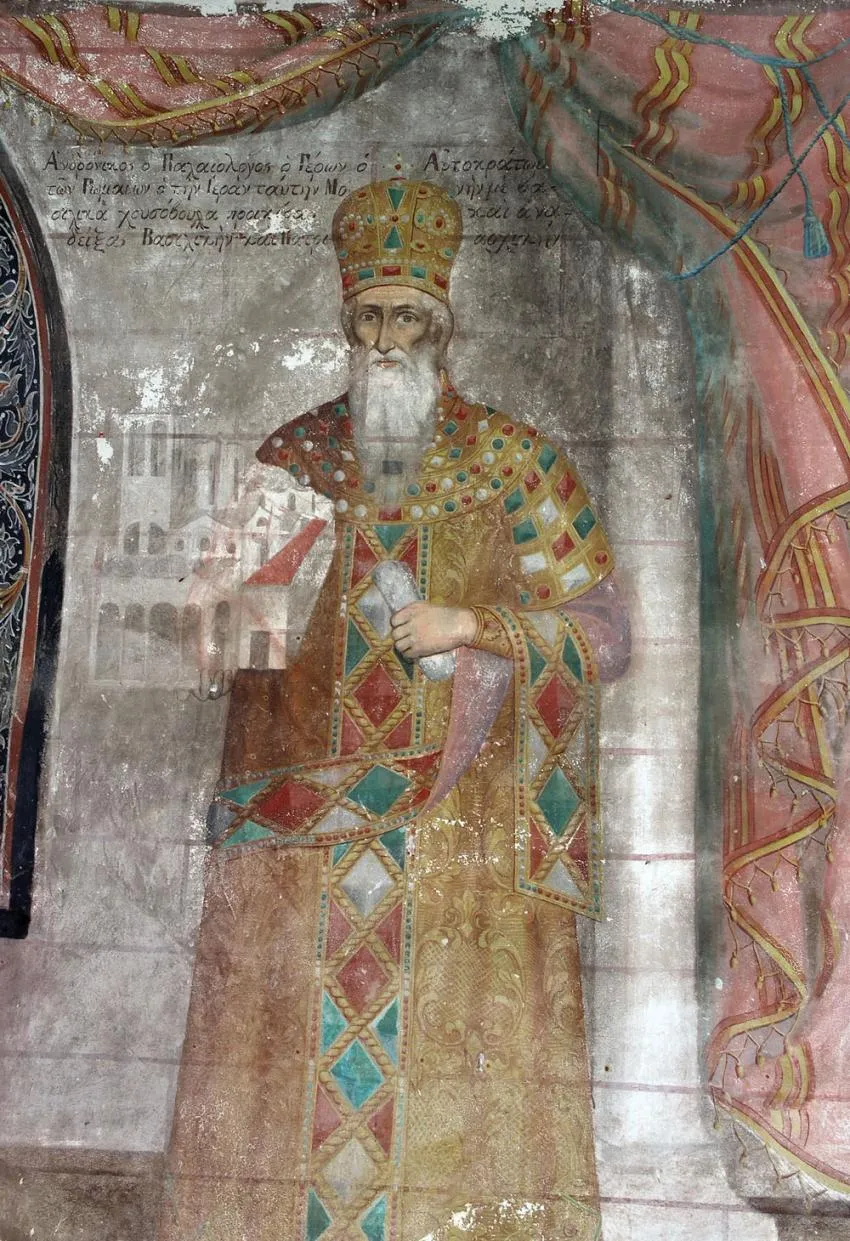
One look into the average length of a Roman Emperor's reign reveals that they tended to not last long, with many of them not making it into their third decade. A notable exception to this rule would Andronikos II, who ruled the Byzantine Empire for 45 years.
Despite being the longest-reigning Emperor of both the Roman and Byzantine Empire, his reign was not a prosperous one. During his rule, the Byzantine Empire lost a great deal of territory to both the Ottoman Turk and Bulgarians. Later Andronkios's grandson in a civil war would overthrow him in response to Andronikos disowning him.
7. Phillip The Arab: The First Emperor to Tolerate Christianity
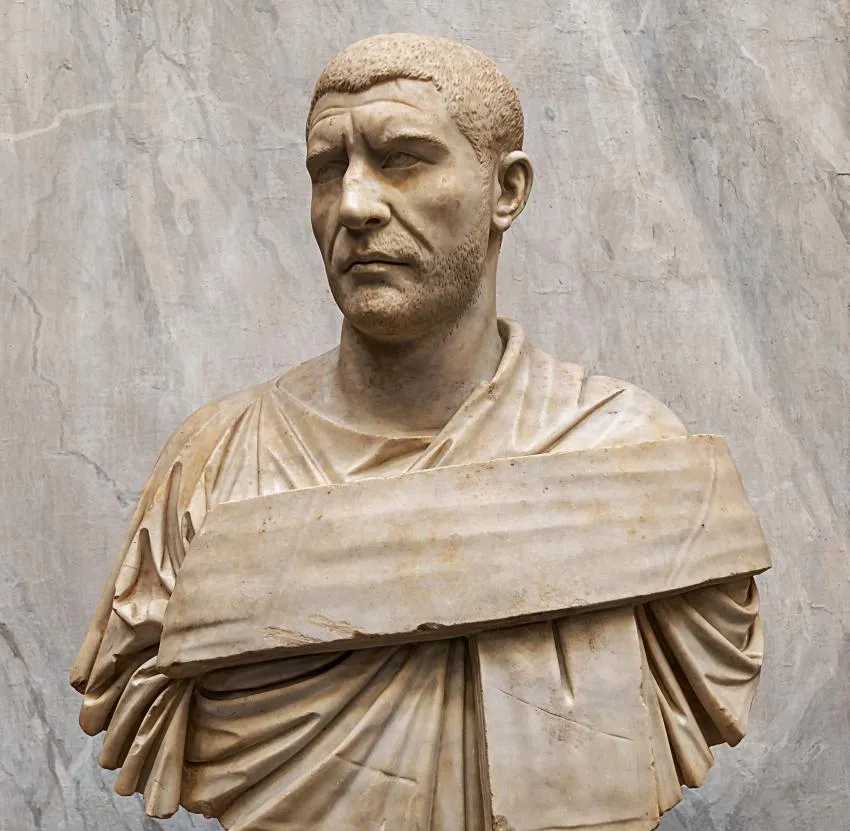
Modern historians treat Constantine the Great as the first Christian emperor of the Roman Empire. However, some Christian sources claim that this title belonged to Phillip the Arab. 4th and 5th-century church histories depict Phillip the Arab as a Christian. Due to these being histories being some of the few sources to discuss him, historians viewed this claim as a fact until the 19th century.
The discovery of more secular sources had led modern historians to doubt these claims. Most historians now view these claims more as church historians trying to depict the Roman Empire as having a more Christian past. Historians now understand that Phillip the Arab was possibly the first Roman Emperor to display sympathy for the religion due to him being from a more Christianized region of the empire.
8. Heraclius: The Emperor with the Worst Pyrrhic Victory
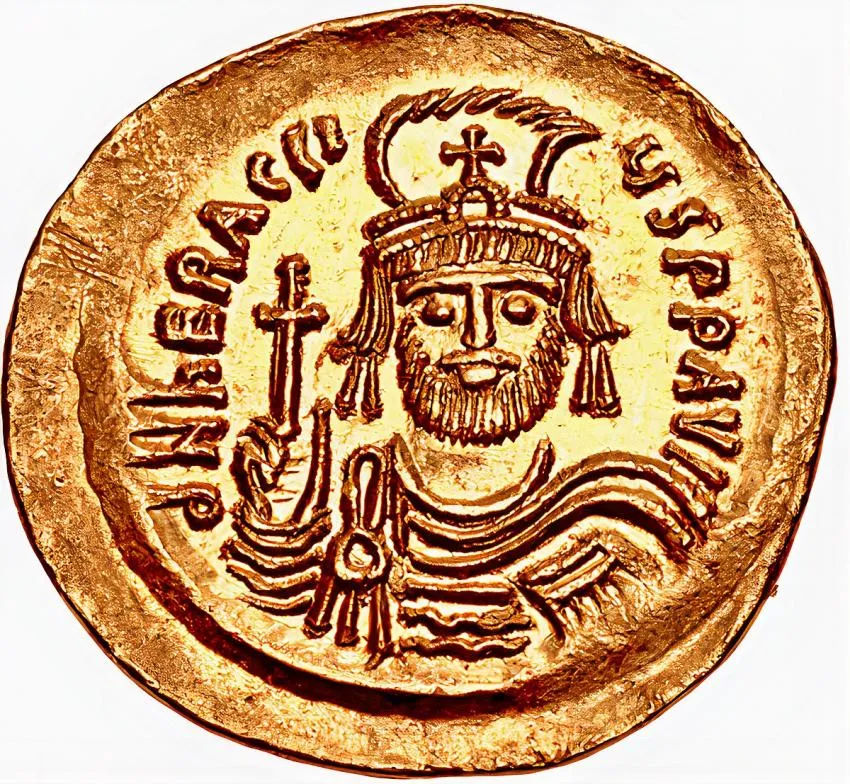
When Heraclius became emperor in 610, he inherited a devastated empire. Having come into power by overthrowing Phocas, Heraclius also inherited his conflict with the Sassanid Empire. While the war initially continued in the Persian favor, Heraclius was able to turn back the Persian invaders, but at a pyrrhic cost.
Heraclius' pyrrhic victory heavily depleted the Byzantine army. This depleted army left the Byzantine Empire vulnerable to the emerging Rashidun Caliphate in Arabia. Due to both the military's exhaustion and underestimating the Arabs invaders, the Byzantine Empire would permanently lose control of the Levant and Egypt to Arab rule.
9. Nerva: The Emperor Responsible for the Pax Romana
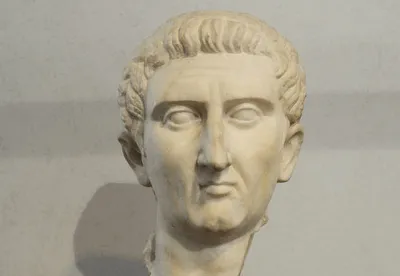
While the Pax Romana is most associated with the Emperorship of Trajan, its true architect was his short-lived predecessor Nerva. An elderly and childless senator, Nerva became emperor as a move by the Senate in response to the assassination of Domitian. The Senate quickly pick Nerva as Emperor to avoid the political chaos seen after Nero's assassination, thirty-years earlier.
While Nerva only ruled for two years, his reign made a critical impact on the Empire's development. That impact resulted from his decision to select the beloved military officer Trajan as his successor. That decision made it a custom that the Emperor chose their heir based on merit rather than blood ties for the next century and led to the Pax Romana.
10. Irene: The Sole Roman Empress
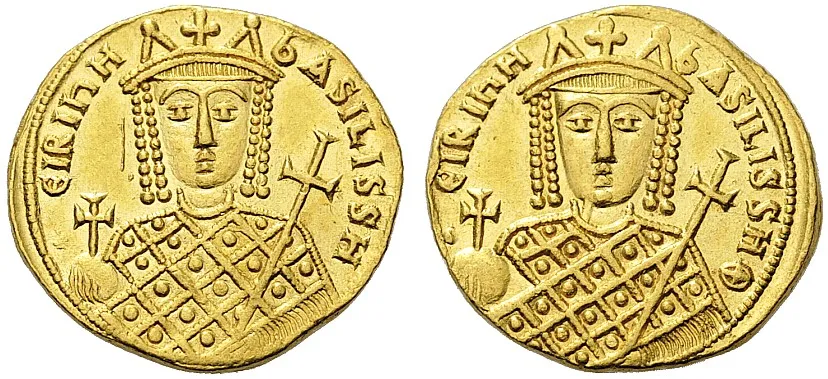
Despite the Roman Empire and its successor state, the Byzantine Empire lasted for over a thousand-year, there are very few ruling empresses. Most often, they served the co-empress of their spouse or regents of their sons. One empress who ruled solely by herself was Irene of Athens.
Irene was the wife of Leo IV, who died suddenly of Tuberculous. With Leo's and Irene's son Constantine VI being only nine years old, Irene was allowed to rule as his regent. Seventeen years later, Irene would order Constantine VI to be blinded and disposed of because of Irene's claim that Constantine VI was embracing the heresy of Iconoclasm.
Her violent ascension to the throne and gender made her little in allies. The Pope would crown Charlemagne as Holy Roman Emperor in response to Irene's usurpation. Within the Byzantine Empire, she was unpopular enough that the Byzantine nobility overthrew her five years later. However, her reputation is viewed better in hindsight thanks to her role in ending the Iconoclast heresy.
11. Didius Julianus: The Man Who Bought the Empire
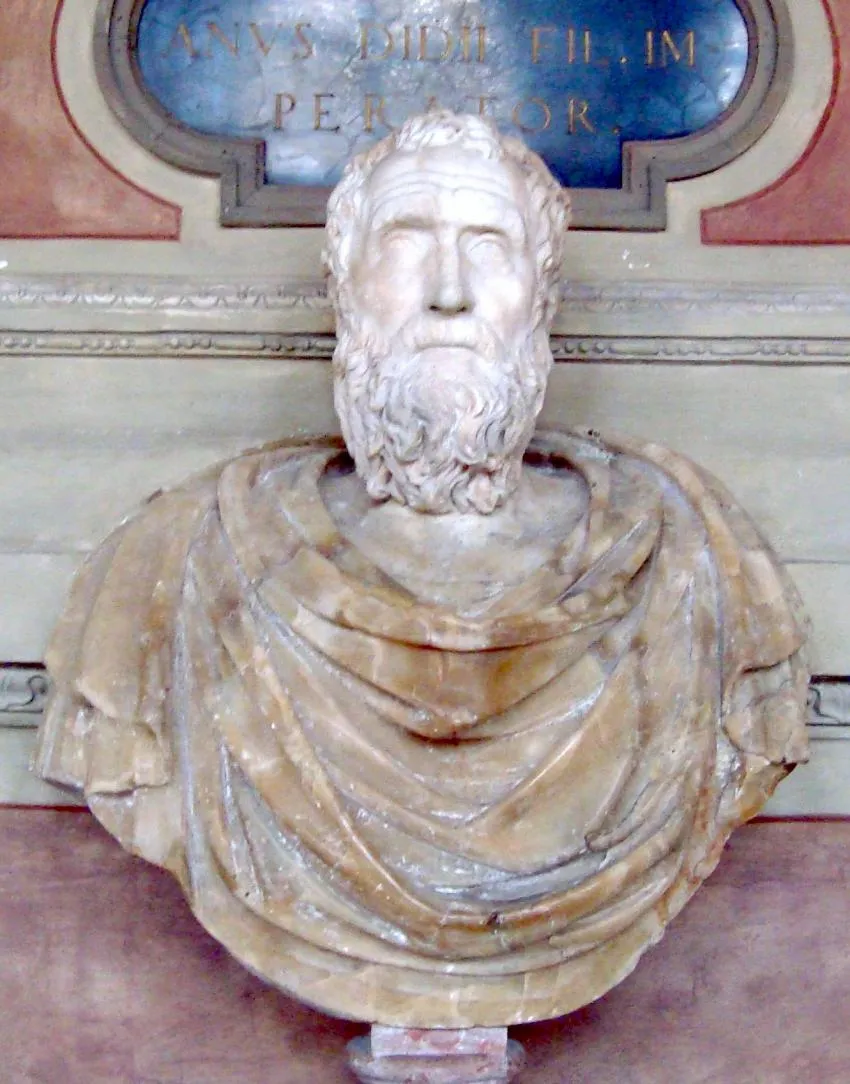
Another Emperor whose manner of their succession marred their reign was Didius Julianus. Didius Julianus become emperor thanks to buying it from the Praetorian Guard, who decided to hold an auction for it after murdering Pertinax.
Julianus buying the title of emperor from the men responsible for the death of an extremely popular emperor made him very unpopular among the Roman populace. The populace despised Julianus enough that three generals decided that they should rebel for the opportunity to depose him. One general named Septimus Servus would succeed in this effort.
12. Leo VI: The Emperor with a Confusing Lineage
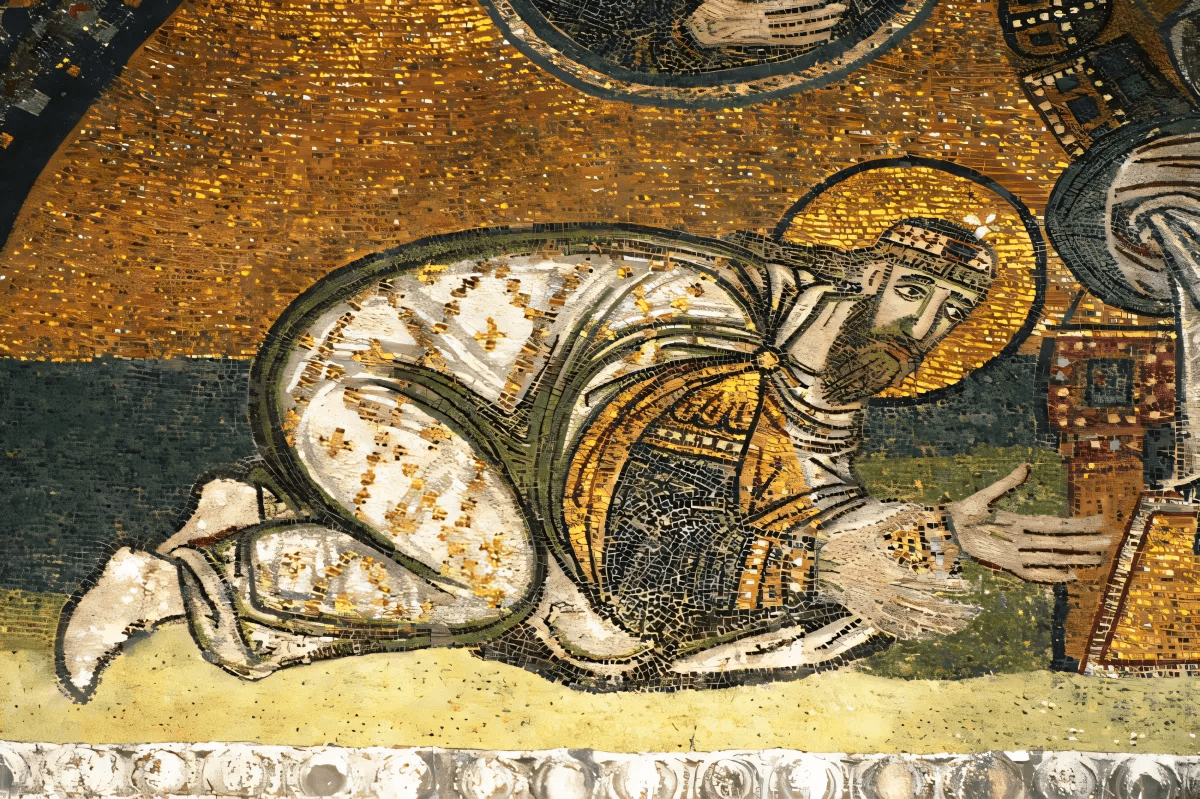
While historians consider Leo Vi noteworthy for his scholarly pursues, he is also well-known for his confusing parentage. Because Leo was either the son of Emperor Michael III or Basil I. The confusion over Leo's father resulted from one crucial fact. That face being that Leo's mother was both Michael III's mistress and Basil I's wife around the same time.
Leo VI's love life was as complex as his parentage. Over his life, he married four different times in the hope of having a legitimate male heir. These efforts failed, and he had to make his illegitimate son Constantine VII his heir.
These twelve emperors and empress shows that just because a historical figure is not well known does not mean that they are forgettable. It simply that they are forgotten or overshadowed for various complex reasons.
Hopefully, learning about these twelve emperors will inspire you to read more about Roman history and maybe even find twelve more emperors worth putting a spotlight on.
Opinions and Perspectives
These stories really highlight how personal ambition shaped the course of history.
The constant power struggles make you wonder how the empire lasted as long as it did.
Fascinating how religion and politics were so intertwined throughout all these stories.
Love how each emperor's story shows a different aspect of how the empire functioned or failed.
Really puts into perspective how difficult it was to maintain such a massive empire for so long.
The more I learn about Roman history, the more I realize how little I actually know.
Its wild how many of these emperors came to power through violence but then tried to establish legitimate dynasties.
Someone should make a TV series about these lesser-known emperors instead of the usual suspects.
The article mentions Philip the Arab being from a more Christianized region. Would love to know more about regional religious differences in the empire.
Im surprised more people dont know about Heraclius. His story is literally epic in scale.
Watching the empire slowly transform from Roman to Byzantine through these stories is really interesting.
The fact that Leo VI married four times just trying to get a legitimate heir shows how important succession was to them.
I think we often romanticize the Roman Empire too much. These stories show how chaotic it really was.
The way Phocas treated the political elite reminds me of other historical purges. Some things never change.
Reading this makes me realize how much of Roman history we skip over in basic education.
You have to admire Nerva's practical approach to succession. Choosing competence over family probably saved the empire.
Never understood why Valerian thought it was a good idea to personally lead that campaign against the Sassanids.
Always found it interesting how they dealt with succession crises. Seems like they never really figured out a stable system.
The military kept having way too much power in choosing emperors. No wonder the empire had so many problems.
Im particularly interested in how Theodosius managed to unite the empire one last time. Must have been quite the feat.
This really challenges the typical narrative we get about Roman history in school.
Honestly, Andronikos II staying in power so long despite being apparently terrible at his job is kind of impressive.
The article barely touches on the cultural achievements of some of these rulers. I would love to know more about that aspect.
I find it fascinating how many of these emperors met violent ends. Really shows how dangerous that position was.
The whole buying the empire thing with Didius Julianus sounds like something out of a satire.
Actually, Theodora was only a co-ruler with Justinian I. Irene really was the only woman to rule the empire alone.
Not to be that person, but technically Irene wasn't the only sole female ruler. What about Theodora?
Learning about Julian Nepos makes me question everything I thought I knew about the fall of Rome.
I really think Heraclius deserves more recognition. That Persian campaign was brilliant even if it ended badly.
Can we talk about how brutal it was that they specifically chose nose mutilation for Justinian II? Apparently that was meant to disqualify him from rule.
My favorite part is Leo VI's complicated family situation. Ancient Roman Jerry Springer episode waiting to happen!
I studied Roman history in college and even I didn't know about some of these rulers. This is really eye-opening.
The fact that these are considered obscure emperors shows how rich Roman history really is.
Justinian II's story would make an amazing movie. Someone should really get on that.
Just realized how young Constantine VI was when Irene became his regent. Nine years old and already emperor!
I wonder if there were more women like Irene who almost made it to absolute power but got stopped by the patriarchal system.
Nerva choosing Trajan based on merit rather than family ties was actually quite progressive for that time period.
The succession system seems really flawed. I mean, they literally auctioned off the empire at one point!
What surprises me most is how many of these emperors came to power through military coups or civil wars.
Reading about Heraclius makes me sad. Imagine winning such a huge war against Persia only to lose everything to a new enemy.
Not sure I buy the Philip the Arab theory. Seems like later Christian writers trying to rewrite history to me.
The fact that Philip the Arab might have been sympathetic to Christianity before Constantine is really interesting. Changes the whole timeline we usually think about.
I would love to know more about Leo VI's scholarly work. The article mentions it but doesn't go into detail.
Guys this reminds me of Game of Thrones but with real historical figures. The Didius Julianus story especially shows how corrupt things got.
True, but she did end the iconoclast controversy which was pretty significant for Byzantine religious history.
The bit about Irene blinding her own son to take power is just brutal. Medieval politics were no joke.
I'm still stuck on Valerian being the only emperor captured in battle. Must have been quite the humiliation for Rome at the time.
Anyone else amazed that Andronikos II managed to stay in power for 45 years despite losing so much territory? That's seriously impressive survival skills.
You make a good point, but at least Caligula and Commodus didn't completely destroy their empire's defenses like Phocas did with the Persian situation.
I actually disagree about Phocas being the worst emperor. What about Caligula or Commodus? They were pretty terrible too.
The story of Justinian II is absolutely wild. Imagine getting your nose cut off, being exiled, and still coming back to power! Talk about determination.
Interesting read! Never knew about Julian Nepos being technically the last Western Emperor. Makes you wonder how history might have been different if he hadn't been murdered before trying to retake Rome.
I find it fascinating how Theodosius the Great really solidified Christianity in Rome. Most people think Constantine did it all but he only stopped the persecution.
